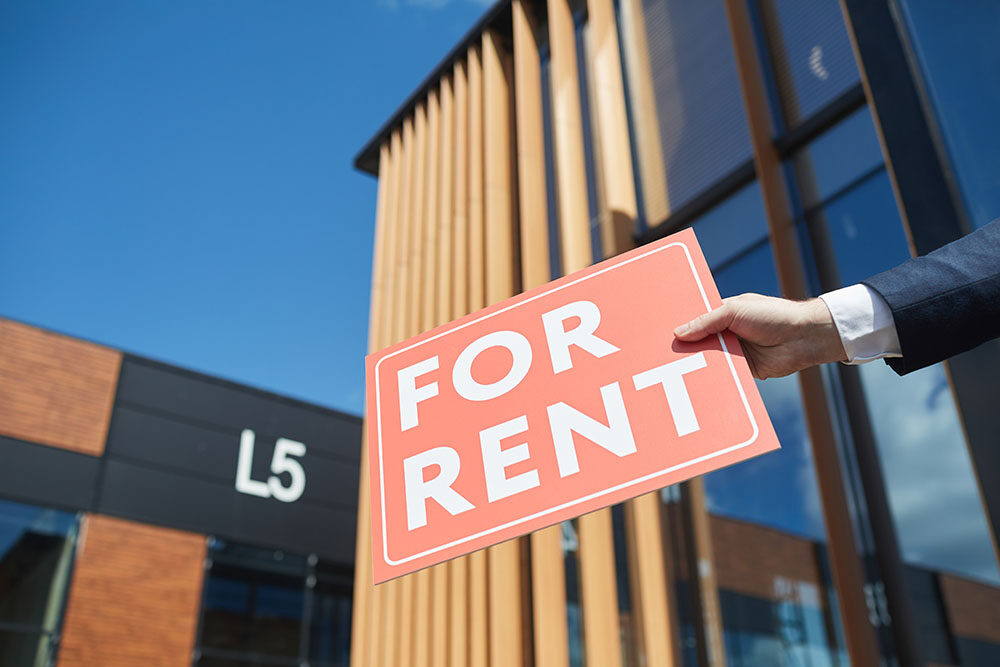
Real Estate Challenges Could Be Looming In Miami-Dade County
Last year rents dropped in Downtown Miami for the first time in years.
Now the same thing may soon be happening, if not already, for home prices.
One of the leading indicators of trouble is brewing is foreclosures.
A new report out this week shows they are rising. More foreclosures and distressed properties often mean more pressure on prices.
In March of 2017, we met Jill Hornik, a renter, who noticed her rent was declining.
“To live in Brickell, I think, it’s better to be a renter at this point. It’s my belief,” Hornik told CBS4.
Now, more than a year later, she continues to be right. Rents continue to drop.
Real estate broker Peter Zalewski predicted first it would be the rents.
Now he’s calling for falling condo prices. Simply put there is excess supply and not enough demand.
“What has happened is a competition. A race to the bottom by landlords who need to fill up their space and hopefully cover their expense. As this occurs some people no longer have the opportunity to rent it, because the rent will not cover the monthly expense, so what do they do? They list the property for sale,” Zalewski said.
Quickly Miami-Dade has accumulated twice the amount of homes for sale then neighboring Broward.
Add in years of rising prices and interest rates climbing, buyers are not buying the way they used too.
Newly released data from ATTOM data solutions, which tracks property trends, shows some of those unsold homes are now becoming foreclosures.
ATTOM put out a graphic of the United States. You can see summer has not been kind to the South, where foreclosure activity has been increasing the most.
A closer look shows massive spikes in foreclosures compared to a year ago in Indianapolis, Houston, and Detroit. But perhaps the most alarming news is that several cities in Florida are seeing increases.
For the month of July, four cities saw significant upticks in new foreclosure filings.
- Jacksonville at 81%
- Cape Coral at 59%
- Orlando at 41%
- South Florida at 29%
Zalewski says he expects this trend to continue. The first victims are likely speculators.
As the prices drop homeowners who bought more home than they could afford would be next. In other words, change is coming.
“If you are a buyer, sit tight and get ready to pull the trigger. And take advantage. If you are a seller, better figure out what you are going to do. You either sell now or get a renter and you act very nicely to that renter. Make sure they stay in place and don’t try to raise the rent because chances are you are not going to get it,” Zalewski said.
He does not believe this housing correction will be as significant as we saw roughly a decade ago.
Zalewski believes the ones holding the bag, taking significant losses, will be investors and not banks.
What remains to be seen is how far the correction will go.
As condo developers stop building, everyone in and around the buildings can be affected.
Zalewski points out it is less work for construction workers, furniture stores, installers, delivery drivers and on and on.
Without work, the decline in an urban core can quickly move outward, as homeowners struggle to cover mortgages or rents.
Add in uncertainty in the stock market, currently on its longest bull run in history, could create a difficult marketplace ahead.
Experts will remind you thought that real estate, of course, is always a local. A good gauge of what is happening in your area is inventory. How long it would take to sell every home in your area?
In Miami-Dade, there is roughly a year of inventory. In Broward, it’s half that, 6 months.
Moreover, 6 months is considered a healthy market by most real estate standards.
It means good news for Broward sellers and buyers. It could mean challenging days are ahead for sellers in Miami-Dade.
